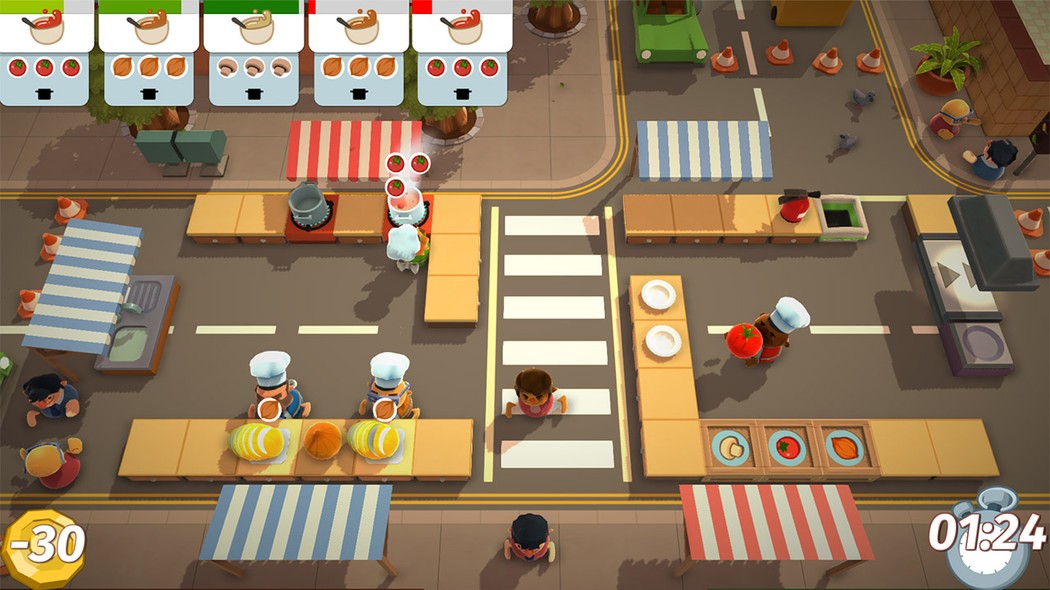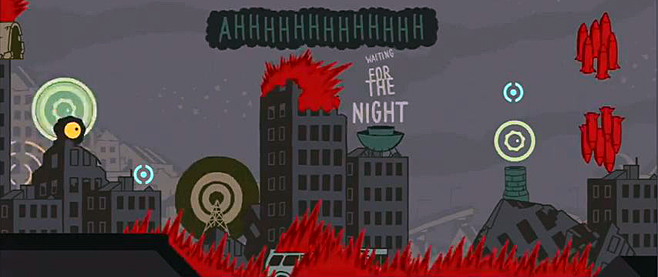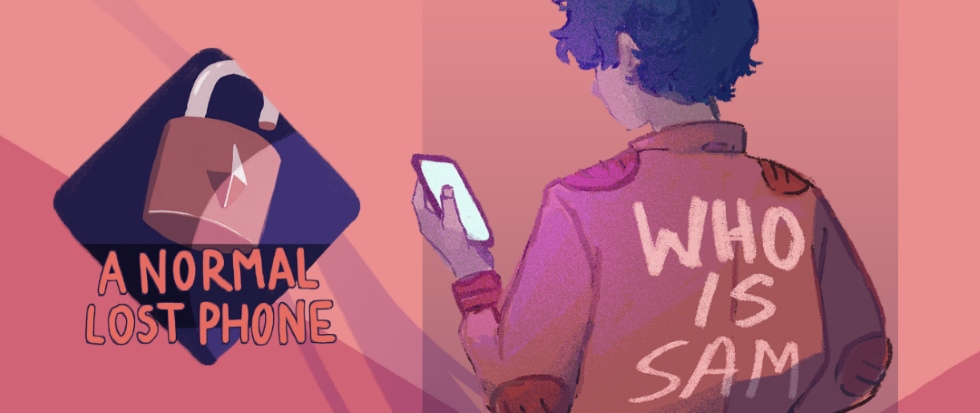
Juggling the Chaos in Overcooked – And At Home
What belies the adorable facade of Overcooked, a co-op cooking game that challenges players to work with one another, is lingering resentment. I felt it acutely after a match with three friends. Our friendship was on the brink of destruction in one level, set in a kitchen with a terribly counter-intuitive layout. An icy river separated the room, while an unstable iceberg served as a makeshift bridge between the two ends of the kitchen. The floor was unbearably slippery—since it was ice—which made falling into the river inevitable. Meanwhile, orders for fish and chips were mounting. Time was running out. Everyone was sprinting.
And then someone nudged me into the freezing abyss below as I was balancing a plate of chips.
“Oh my God so sorry! That wasn’t on purpose…” her voice trails off. For God’s sake, I probably told her at least 20 times not to abuse the “dash” button, but she still did anyway. So I sulked. A few seconds of awkward silence ensued, until another friend cautiously piped up, “Uhm, can someone tell me what to do now? I’m not doing anything at the moment.”
That essentially sums up my Overcooked experience. The infighting aside, I was later fascinated by how we slipped into our unspoken roles. I gravitated to dishwashing and distributing the necessary ingredients across the room. One friend preferred the hands-on approach by chopping and cooking dishes. Another embraced being the manager of our little outfit, barking commands while taking mental notes of the restaurant orders. The last player, who’s mostly at a loss, is content being issued orders and carrying out random odd jobs (to be fair, her inexperience is probably due to how infrequently she play games).
I also thought about the additional mental labour my friend—the aforementioned manager of our group—performed, who took it upon herself to become a facilitator of sorts. “Look, you chop up the mushroom. You pick up three tomatoes every time so-and-so is done with her onion soup. Wait, the ship is sailing and the location of the stove is shifting, so quickly head over to the other end of the kitchen- when? When it moves, of course! Now where is the goddamn pizza and why isn’t it out yet?! Oh and you guys need to prepare three mushrooms, two tomatoes, four cheese and four doughs.” Lather, rinse, repeat all of these, in most levels.

Overcooked has plenty going on. It threatens to derail decades-long friendships. It’s the embodiment of chaotic fun. It also mimics, rather accurately, the trials and tribulations of managing a kitchen—not surprising since it is based on Ghost Town Games’ developer, Phil Duncan’s past experiences as a chef. Time management and communication are crucial in big kitchens, and roles like the restaurant expeditor, who ensures that food is served on time while directing staff on what to prepare, keeps the kitchen efficient. It’s an important, yet underappreciated job.
Even though it’s a co-op game about cooking, Overcooked serves as a useful lens for examining similar roles outside the bustling kitchen as well. This means managing the intricacies of work and all its processes, which are common positions at most offices. While they may sound less frenetic, these tasks can be equally exhausting. Having worked in a few ad agencies, I soon learned that the traffic manager, who takes care of the flow of work and projects, is indispensable to our collective sanity (traffic managers of the world, I salute you).

But let’s not forget one of the most overlooked workplace: the home. Imagine having to prepare dinner after a long day, while still tending to the needs of your young children. Little Betty craves your attention, tagging alongside you wherever you step in the kitchen. From the corner of your eye, you spot Ronnie just about to put that strange critter into his mouth. Meanwhile, your husband slumps in front of the television, his shoes and bag strewn about the floor recklessly. Utterly oblivious to the imminent fallout that’s about to take place, he looks at you wearily and said, “If you need help, just tell me what to do, alright?”
Of course, the kids need tending to. The clothes and the bag have to be picked up in case someone trips over them. The table should be set for dinner soon. Delegating and managing these aspects of home is tiresome but often unacknowledged, deemed as just another part of a woman’s responsibilities. This is the thankless burden of emotional labor. Unfortunately, as Harper’s Bazaar writer Gemma Hartley have attested to, it’s still a discussion too difficult to broach with men and husbands.
On the other hand, the rest of us soon understood that we have to constantly communicate to one another in the later stages of Overcooked—to the relief of our facilitator. Even if it involves yelling in increasingly agitated tones, it means planning our moves ahead of time, together, if we were to hit that coveted three-star rating. Our friend was gradually feeling worn out, and it’s simply not fair to get her to shoulder that immense burden alone.
While there won’t be a three-star rating for a perfect household managed, we should start having conversations about couples bearing the responsibilities of emotional labor together. And at the very least, videogames do seem to help make such discussions simpler. What about challenging players to prepare dinner in a family with octuplets, eh?





